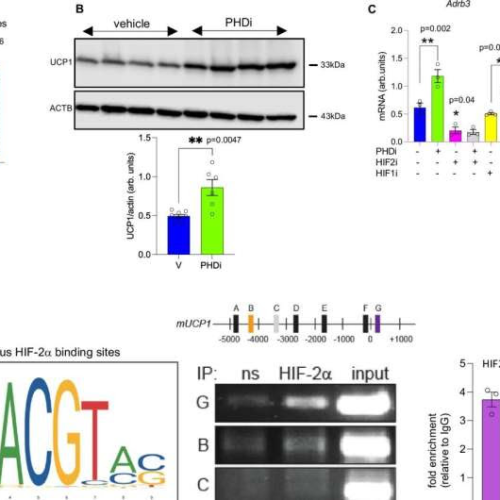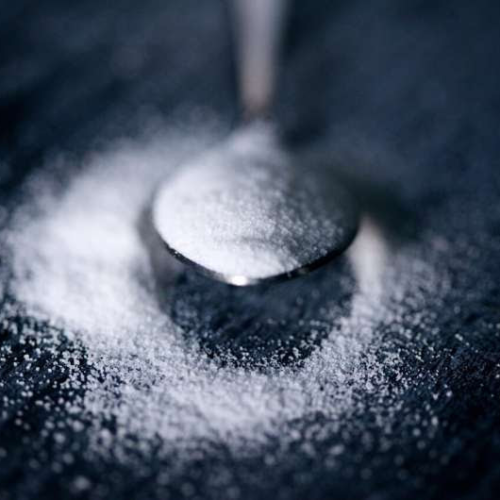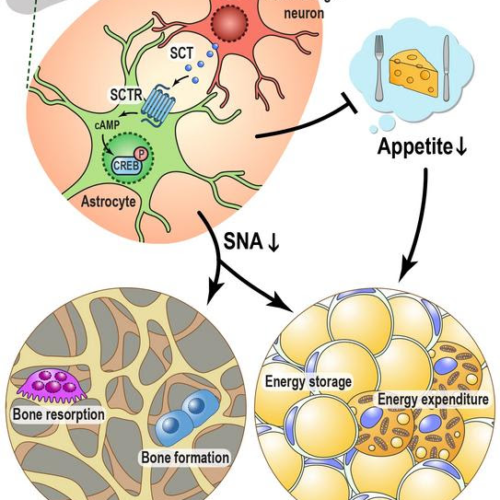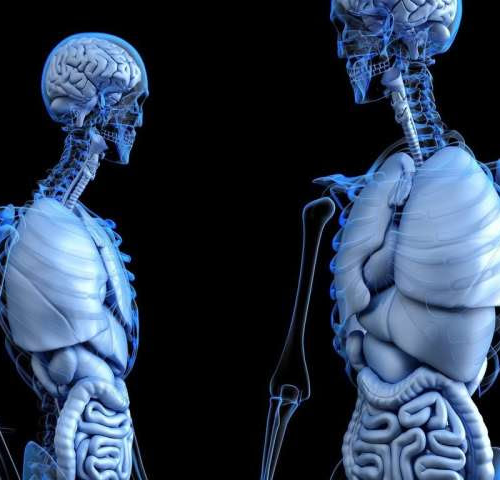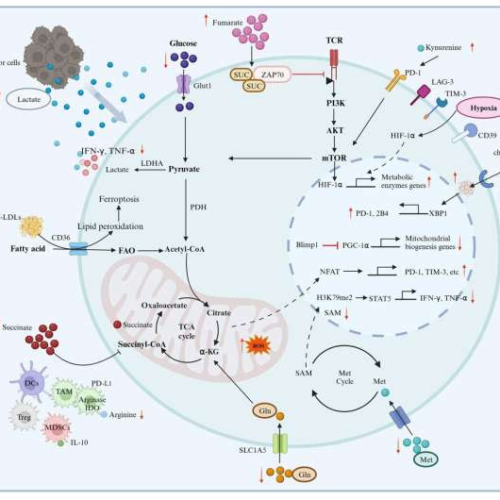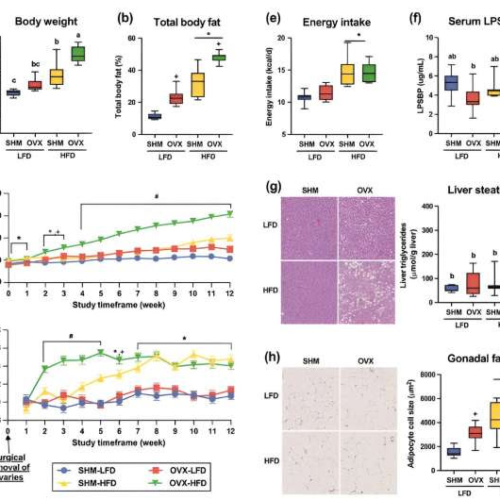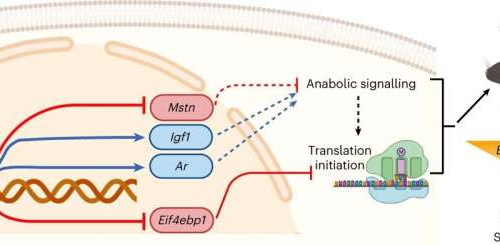September 17, 2024 by Nottingham Trent University Pharmacological pan-PHD inhibition induces Ucp1 expression in mouse and human adipocytes in vitro. Credit: Nature Communications (2024). DOI: 10.1038/s41467-024-51718-7Removing a specific gene from fat tissue could fool the body into speeding up metabolism and burning more calories, a new study has found. It is hoped that the research,...
Category: <span>Metabolic</span>
Brown fat: How cells generate heat by burning calories
News Release 16-Sep-2024 Researchers at LMU University Hospital have discovered a new switch that controls thermogenesis in mitochondria. Peer-Reviewed PublicationLudwig-Maximilians-Universität München Special fat cells known as brown adipocytes help maintaining body temperature by converting calory-rich nutrients into heat. This protects from gaining excess weight and metabolic disorders. An international team of researchers led by Professor...
Endoscopic Procedure Targets ‘Hunger Hormone’ for Weight Loss
Medscape Medical News > Conference News > DDW 2024 Damian McNamara, MA May 09, 2024 Updated May 13, 2024 // Editor’s note: The story has been updated with additional comments from Dr Loren Laine of Yale School of Medicine. Ablation of the gastric fundus to reduce production of the “hunger hormone” ghrelin resulted in decreased...
Sweet taste receptor affects how glucose is handled metabolically by humans
by Karen Kreeger, Monell Chemical Senses Center MAY 18, 2024 Credit: Unsplash/CC0 Public Domain The rich research portfolio of the Monell Chemical Senses Center on sweet taste goes way back: Monell scientists were one of four teams in 2001 that found and described the mammalian sweet taste receptor—TAS1R2-TAS1R3. Twenty years later in 2021, a pair...
HKU scientists unveil significant discovery with potential impact on obesity and osteoporosis treatments
THE UNIVERSITY OF HONG KONG SECRETIN SIGNALING IN THE VENTROMEDIAL HYPOTHALAMUS REGULATES SKELETAL AND METABOLIC HOMEOSTASIS. IMAGE ADAPTED FROM RESPECTIVE PAPER IN NATURE COMMUNICATIONS (2024) view moreCREDIT: THE UNIVERSITY OF HONG KONG A team of researchers from The University of Hong Kong (HKU) has made a significant breakthrough in understanding how energy metabolism and bone...
Study identifies multi-organ response to seven days without food
by Queen Mary, University of London Credit: CC0 Public DomainNew findings reveal that the body undergoes significant, systematic changes across multiple organs during prolonged periods of fasting. The results demonstrate evidence of health benefits beyond weight loss, but also show that any potentially health-altering changes appear to occur only after three days without food. The study,...
Review discusses metabolic reprogramming of T cells
by Cactus Communications T cell immunotherapy can be optimized by understanding the metabolism of T cells. This review article summarizes the intricacies of effector and memory T cell metabolic reprogramming and how metabolism can drive T cell exhaustion. Credit: Bo Huang from Chinese Academy of Medical Sciences (CAMS) & Peking Union Medical CollegeWhen foreign antigens...
Mice study suggests metabolic diseases may be driven by gut microbiome, loss of ovarian hormones
by Sharita Forrest, University of Illinois at Urbana-Champaign Animal characteristics of conventionally raised C57BL/6J mice that underwent either ovariectomy (OVX) or sham (SHM) surgery and fed either a low-fat (LFD) or a high-fat diet (HFD). Final body weight (a) and energy intake (b) at the end of the 12-week study period as well as body weight...
Red light can reduce blood glucose levels, says study
by City University London Credit: Pixabay from PexelsIn a new study appearing in the Journal of Biophotonics, researchers have found that 670 nanometers (nm) of red light stimulated energy production within mitochondria, leading to increased consumption of glucose. In particular, it led to a 27.7% reduction in blood glucose levels following glucose intake, and it reduced...
Gene’s role in attaining and maintaining muscle mass revealed in new study
by Win Reynolds, Northwestern University Model for BCL6-mediated control of skeletal muscle proteostasis. BCL6-mediated transcriptional regulation controls the expression of atrogenic regulators to establish and maintain skeletal muscle mass. BCL6 directly represses Eif4ebp1 and possibly Mstn, while it directly activates Igf1 and Ar. Loss of Bcl6 in muscle acutely reduces cap-dependent translation and anabolic signaling, resulting...

